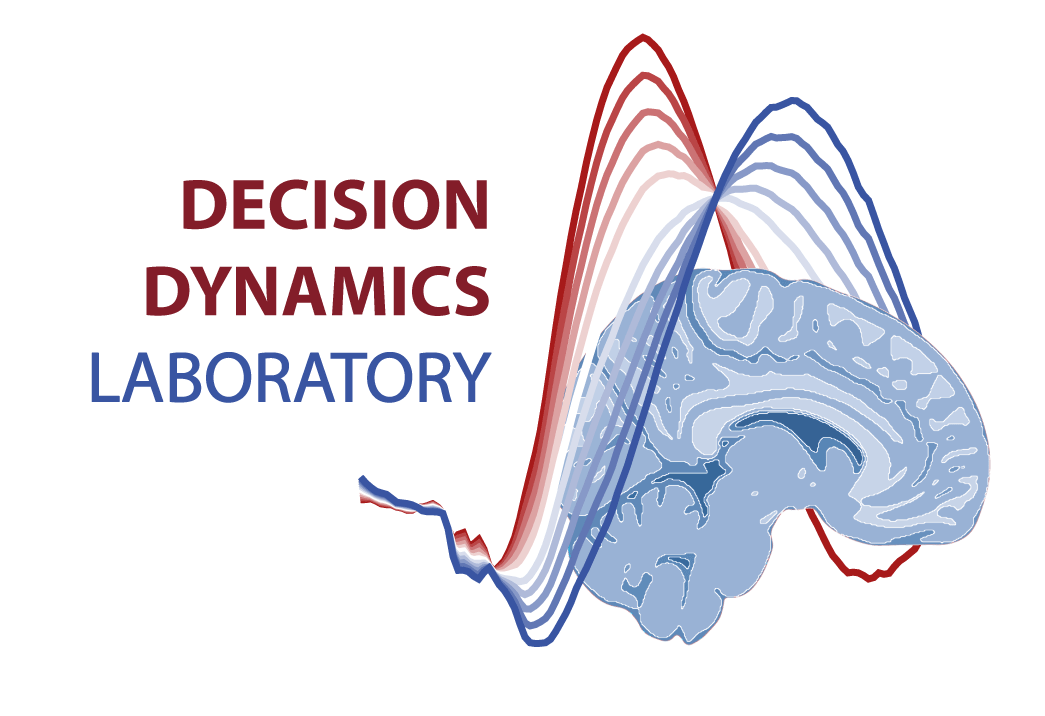Perceptual decisions under ketamine study (PEDUKS)
VOLUNTEERS NEEDED FOR A STUDY OF THE BRAIN RESPONSE TO KETAMINE
A licensed drug called ketamine affects the levels of glutamate, a chemical messenger in the brain. Glutamate plays a role in perception and learning so we are interested in understanding how ketamine can affect these. We use electroencephalography (EEG), which is a type of recording that allows us to see how the brain is organised, processes information, and plans actions. EEG is safely recorded from the head using sensors and gel.
We are looking for volunteers to improve our understanding on how ketamine can influence the way people process sensory (such as visual and auditory) inputs and affective information (such as monetary rewards, emotion, or body signals). The study involves 1 phone screening interview and 3 in-person visits to the Warneford hospital over 2-3 weeks, lasting up to 2-3 hours (first visit) and 6-7 hours (visits 2 and 3). In all, your participation will involve: medical and psychiatric health screening (including blood and urine tests), drug administration, questionnaires and computer tasks and EEG recording.
Who are we looking for? English-speaking individuals of all genders aged between 18-45 years, who do not suffer from any psychiatric conditions (including autism and ADHD), who are not using any psychotropic medication (drugs that have effects on psychological function) and are not pregnant. You will be asked questions about your medical history to check your suitability to participate in the study. If you are interested and would like more information please contact Dr. Lilian Weber at the Wellcome Centre for Integrative Neuroimaging, Oxford on +44 (0)1865-(6)18346, at peduks@psy.ox.ac.uk or lilian.weber@psych.ox.ac.uk.
Thank you for your time!’'
